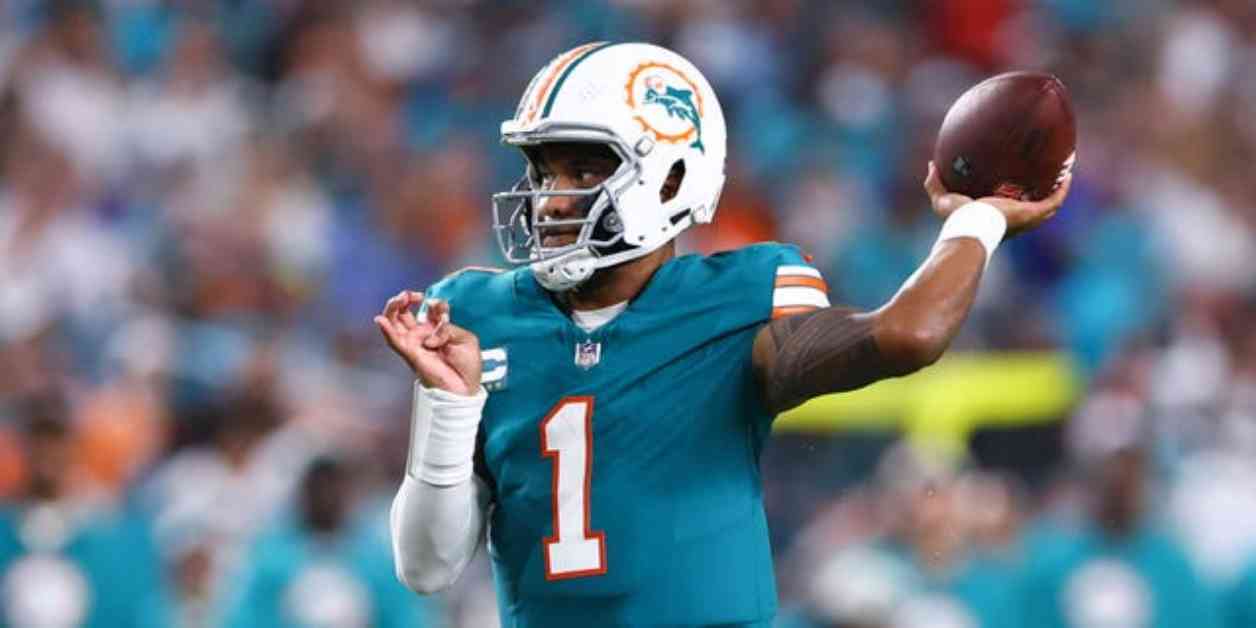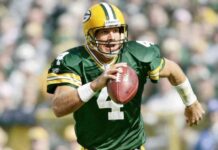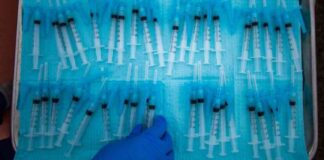Miami Dolphins quarterback Tua Tagovailoa suffered a concussion during a game against the Buffalo Bills after a clean hit from safety Damar Hamlin. The impact of the hit caused Tagovailoa to fall to the ground, with his arms exhibiting the fencing response—a reflexive tightening of the arms and fingers after a head injury. Medical staff quickly attended to Tagovailoa on the field, and he was able to walk off with assistance. This incident marks Tagovailoa’s third reported concussion since joining the NFL in 2020, raising concerns about the potential long-term effects of repeated head injuries in professional athletes.
Analysis of the Hit and Potential Consequences
The fencing response displayed by Tagovailoa following the hit raised red flags among health experts and fans alike. Dr. Shae Datta, a neurologist and co-director of the NYU Langone Concussion Center, highlighted the seriousness of Tagovailoa’s posturing, indicating a possible seizure or loss of consciousness. Such symptoms are often associated with severe head injuries and require thorough evaluation to assess the extent of the damage.
According to the National Institute of Health, repeated head injuries can result in various long-term health issues, including memory loss, chronic headaches, mental health challenges, difficulty concentrating, physical impairments, an increased risk of dementia, and the development of chronic traumatic encephalopathy (CTE). The cumulative effects of multiple concussions can significantly impact an individual’s brain function and overall well-being, posing a serious threat to their long-term health and quality of life.
Dr. Kristen Dams-O’Connor, director of the Brain Injury Resource Center at the Icahn School of Medicine at Mount Sinai, emphasized the importance of monitoring individuals with a history of concussions for potential cognitive and behavioral changes. Each subsequent head injury can have incremental effects on brain function, leading to a gradual decline in cognitive abilities and an increased susceptibility to future concussions. In high-impact sports like football, even minor reductions in reaction time can make a significant difference in preventing head injuries.
Impact of Repeated Injuries on Recovery and Healing
The time it takes to recover from a concussion can be prolonged by repeated head injuries, especially if the initial concussion has not fully healed before subsequent impacts occur. Dr. Thomas Bottiglieri, a sports medicine physician at NewYork-Presbyterian/Columbia University Irving Medical Center, likened each head injury to a “chink in the armor,” weakening the body’s ability to heal and recover fully. As a result, individuals with a history of concussions may experience slower healing processes, incomplete recovery, and persistent symptoms that can affect their daily lives.
Dr. Dams-O’Connor noted that while most people recover from a single concussion within days or weeks, the likelihood of complete recovery decreases with each additional head injury. Individuals who have sustained multiple concussions face a higher risk of long-term cognitive impairments and persistent symptoms that can impact their quality of life. The cumulative effects of repeated head injuries underscore the importance of proactive measures to prevent concussions and prioritize player safety in contact sports like football.
Reactions from Fans and the NFL Community
Following Tagovailoa’s concussion, an outpouring of support and concern flooded social media platforms, with fans and league insiders expressing well-wishes for the quarterback’s recovery. Some voices within the NFL community even called for Tagovailoa to consider retiring from professional football to safeguard his health and well-being in light of his series of head injuries. Head coach Mike McDaniel echoed these sentiments during a press conference, emphasizing the human aspect of the situation and the need to prioritize Tagovailoa’s long-term health.
As of now, there have been no further updates on Tagovailoa’s condition, leaving fans and analysts alike uncertain about the extent of his injury and the timeline for his return to the field. The uncertainty surrounding Tagovailoa’s health underscores the inherent risks of playing contact sports at a professional level and the importance of implementing strict protocols to protect players from the potential consequences of head injuries.
In conclusion, Tua Tagovailoa’s concussion during the Dolphins-Bills game serves as a stark reminder of the physical toll that high-impact sports can take on athletes’ bodies and brains. The incident highlights the need for comprehensive concussion protocols, ongoing monitoring of players’ health, and a proactive approach to mitigating the risks of head injuries in professional sports. As Tagovailoa undergoes evaluation and treatment for his concussion, the NFL community remains hopeful for his full recovery and committed to promoting player safety and well-being in the face of a challenging and complex issue.

















